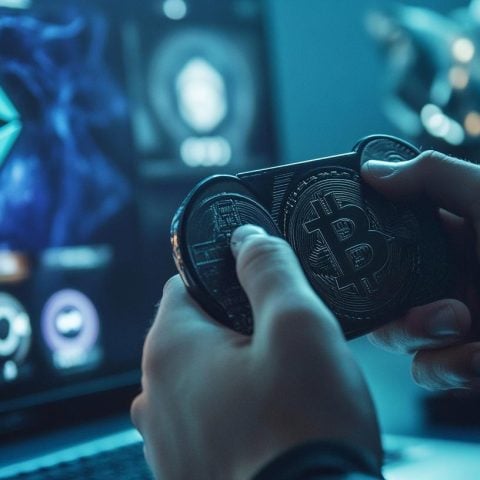In a groundbreaking move, Buenos Aires has unveiled an innovative identity management system designed to safeguard citizens’ personal information like never before. The city has launched QuarkID, a cutting-edge platform that employs blockchain technology enriched with Zero Knowledge (ZK) protocols.
Enhancing Privacy Through Blockchain
This pioneering initiative leverages the immutable and decentralized nature of blockchain to ensure the security and privacy of users’ identities. By integrating ZK technology, QuarkID offers an unprecedented level of data protection. Users can verify their identities without revealing sensitive personal details, thus minimizing the risk of data exposure.
Setting a New Standard in Digital Security
Buenos Aires aims to set new standards for digital identity protection with this implementation. The introduction of QuarkID represents a significant leap forward in how urban environments can utilize advanced technology to protect citizens. The privacy-centric design reassures residents that their information is handled with the utmost care and security.
A Model for Cities Worldwide
As cities around the world grapple with similar challenges, Buenos Aires’ adoption of a blockchain-based identity system may serve as a model for others. The successful rollout of QuarkID could inspire similar technologies globally, emphasizing the viability of blockchain solutions in public administration.
With QuarkID in place, Buenos Aires is at the forefront of digital transformation, offering a glimpse into the future of secure, data-driven governance. This development is a testament to the city’s commitment to embracing technological advancements for the benefit of its residents.
How Blockchain Identity Systems Could Revolutionize Urban Living
The advent of QuarkID in Buenos Aires marks a potential shift not only in the mechanics of personal data protection but also in broader societal impacts. While the technology ensures privacy through blockchain and Zero Knowledge protocols, its implications stretch far beyond mere security enhancements.
Implications for Economic Equality
By introducing a secure digital identity system, Buenos Aires is making strides toward economic inclusion. Digital identities can enable access to essential services for those previously marginalized. People without traditional forms of identification or banking facilities could now utilize QuarkID to access financial services, healthcare, and education. This could significantly reduce inequality and elevate living standards.
Transforming Public Trust
One compelling aspect of QuarkID is its potential to rebuild public trust in digital interactions with government bodies. As instances of data breaches continue to undermine confidence globally, a successful implementation in Buenos Aires could encourage citizens to trust digital systems for public transactions, from voting to applying for licenses. Increased trust could streamline bureaucratic processes, reducing costs and increasing efficiency.
Challenges and Controversies
However, the application of blockchain in identity management is not devoid of controversy. Critics argue about the costs of such systems and their energy consumption. Despite these concerns, advancements in technology may soon alleviate these issues, bringing greener and more cost-effective blockchain solutions to the forefront.
Will Other Cities Follow Suit?
Cities across the globe are observing Buenos Aires closely. Such a comprehensive approach to personal identity could set benchmarks in technological integration into public service. The real question is whether other cities will overcome the institutional inertia and technological barriers to embrace similar innovations.
For further exploration into how similar technologies might impact different urban environments, you may visit IBM.com for insights into blockchain solutions, or see the latest developments in digital ID technologies at IDC.com.
As cities strive to enhance data security while delivering efficient public services, the story of QuarkID offers both lessons and inspiration that might just pave the way for a smarter, more inclusive world.
















